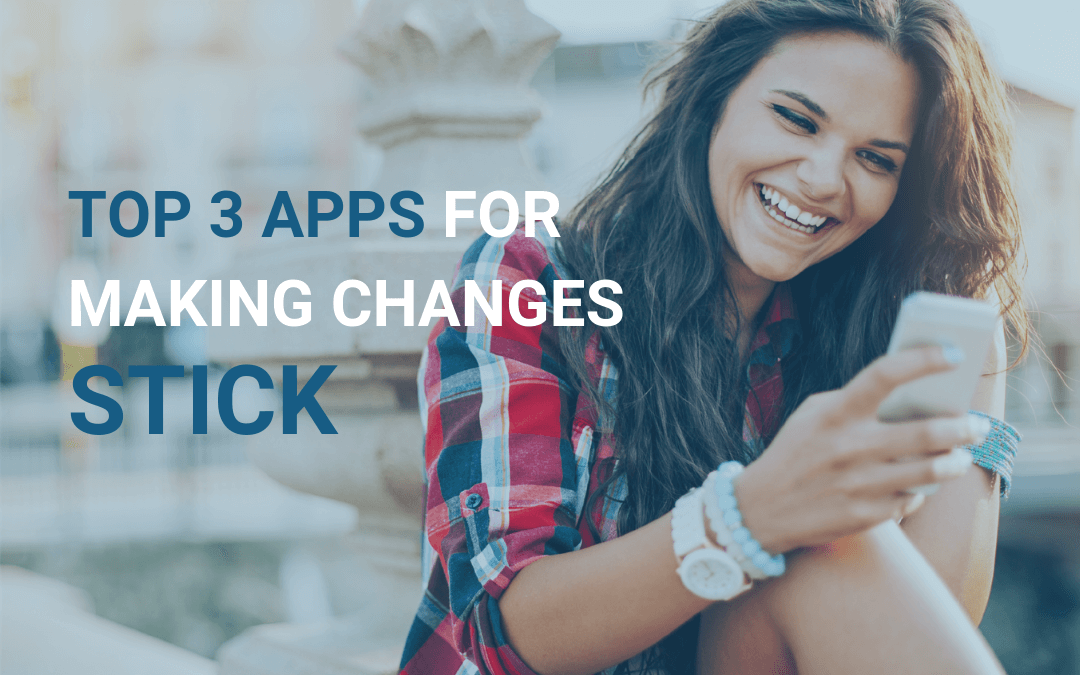Eleanor Smith MP chaired a parliamentary roundtable discussion on Tuesday 16 October 2018, supported by Roche Diabetes Care, to discuss and determine how the use of health apps can be encouraged across the NHS for the benefit of patients.
Experts were brought together to discuss:
• The potential benefits of health apps to patients and the NHS
• The key challenges and barriers to utilizing health apps in the NHS
• What advice and support should be provided to those wanting to develop or adopt a health app
• The role the life sciences industry should play in the health app NHS landscape
This note provides an overview of the key themes from the discussion, which was held under the Chatham House Rule.
Background
Through proactive leadership from NHS England and NHS Digital, health apps are being increasingly utilized
at national and local levels across the NHS. This welcome leadership and ‘open-door policy’ is most evident in the
creation of the NHS Apps Library and the development of the NHS App. Attendees commended this proactive approach, noting that it is viewed as a global exemplar.
Alongside an update on both initiatives, attendees highlighted various health apps that have been developed by the NHS and by the digital industry, to meet specific healthcare challenges or requirements. These apps can provide different types of digital support, including:
Empowering patients and carers to self-manage and improve health outcomes
• Improving patient care from prevention to management
• Complementing existing care delivery
• Addressing health inequalities
• Acting as portals to other digital services
• Supporting administrative tasks
• Relieving pressure on the current NHS workforce
It was agreed that, despite the success to date, more can be done to fully realize the potential of apps.
Key themes from the discussion
There was consensus among attendees on the potential of health apps to support improvements in service delivery and patient
care. The group identified four interconnected themes and made several recommendations to improve the uptake of health
apps. These themes and recommendations are as follows:
1/ Facilitating greater data sharing
For the full potential of health apps to be realized within the NHS there must be effective data flow and
interoperability between apps and traditional services, for example by linking data from apps with an individual’s patient
record. Interoperability through suitable platforms and engagement criteria should be incorporated within plans for joined-up
national electronic patient records. Attendees referenced the ‘Blue Button’ concept – developed by the US Government
to signify that a site has the functionality to download health records – as a potential opportunity for learning for the NHS.
Recommendation A system of efficient and effective data sharing needs to be established for appropriate health apps
to be compatible with integration within electronic patient records.
Whilst debate continues around the ‘ownership’ of patient data, the importance of ‘intellectual property’ that is produced
by health apps should not be undermined. Attendees discussed the need to develop a centralized model of patient consent
to ensure effective data flow and interoperability. Before such a model could be introduced, attendees recommended that
an extensive public engagement campaign be undertaken around the benefits of data sharing to the individual and wider
health system.
Recommendation
A consultation should be launched by NHS England on establishing a centralized model of patient consent, alongside a public engagement program on the benefits of data sharing for individuals and the wider NHS.
2/ Expanding public engagement and education on the use of technology
The public should be made aware of the ‘trusted’ health apps that have been accredited by the NHS through sufficient
evidence submissions and how they could use these to achieve their health goals. The group suggested that public
engagement and education should utilize the most effective methods, both digital and traditional, for spreading messages
amongst all parts of the population to promote these evidence-based options over less regulated solutions. Attendees were
conscious of health inequalities and highlighted that any solutions and/or engagement should be focused on reducing
these inequalities across the country.
Recommendation
An extensive public engagement and education program should be undertaken, using digital platforms where appropriate, to showcase effective / evidence-based health apps and encourage
wider usage.
3/ Incorporating health apps into relevant clinical pathways
To encourage the uptake of accredited health apps, the group suggested an aim of including them in relevant clinical
pathways where appropriate as complementary or alternative options to traditional care. For this to happen, attendees noted
the importance of healthcare professionals understanding and trusting the various levels of evidence required for apps to be
accredited. Attendees commended the work of NHS England and NHS Digital to categorize the associated evidence required
for the app to be assessed. Healthcare professional ‘buy-in’ to health apps and new digital solutions was recognized as a key
component for successful uptake, alongside tailoring to a specific region or condition as needed.
Recommendation
Health apps should be incorporated into relevant clinical pathways, with engagement to secure
‘buy-in’ from healthcare professionals.
It was noted that the current system primarily supports and rewards the initial innovators of apps, and not those adapting
or adopting health apps to meet local patient needs. To encourage and spread best practices, the group recommended
improving signposting to examples, as well as increased support both for the initial innovators and for future
adaptors/adopters.
Recommendation
Support needs to be from conception to roll-out for innovators developing health apps, as well as for those looking to adopt or adapt existing apps for local or regional contexts.
The group discussed the approach to the appraisal of health apps and the value of establishing reimbursement pathways at a
national and local level to provide structure to support the uptake and foster further innovation. The potential success of
personal budgets was raised by attendees. It was suggested that a similar scheme could be rolled out for the use of health
apps, by allocating additional budgets for people with long-term conditions to choose and purchase their health apps.
Recommendation
Reimbursement pathways, with clear evidence benchmarks, should be created at both local
and national levels to encourage the continued uptake of, and innovation in, health apps.
4/ Utilising health apps to support the NHS workforce
Health apps have the potential to reduce pressures on the NHS workforce, through providing time-saving efficiencies in
the delivery of care. For this to be exploited, healthcare professionals need to be sign-posted to approved and relevant
health apps for their specialism and trained on their use. As the NHS looks to the future, the potential of health apps should
be viewed as a key opportunity for improving the delivery of care and reducing pressures on the stretched NHS workforce,
with health apps being either prescribed or accessible ‘off the shelf ’ solutions that individuals can download themselves.
Recommendation
Sign-posting to newly approved health apps and training on their use should be included within
programs for newly qualified and established HCPs.
Attendees with experience in developing health apps highlighted the importance of sustainability by ensuring the
products and solutions are regularly updated through partnerships with end-users to get their feedback. As part of the
NHS Apps Library it will be important that mechanisms are established that enable both developers and users of apps
to share feedback and best practice.
Recommendation
Health app developers and end-users should be supported to share feedback and best practice
on the practical development and evolution of health apps.



